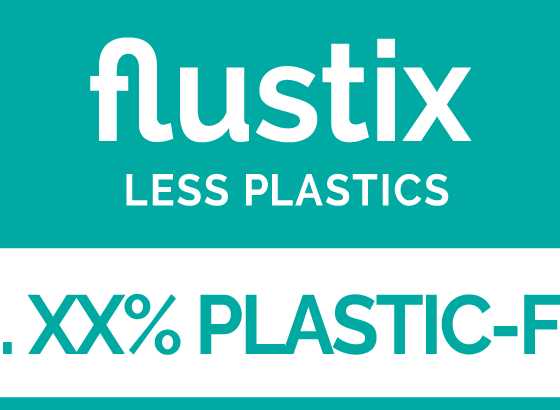Fast fashion is one of the biggest environmental sins that happens every day and is uncontrolled on our planet: Hundreds of thousands of pieces of low-quality textiles are put into circulation every day. In particular, one Chinese online giant is dumping the cheapest textiles, primarily on children and young people. The environmental organization Greenpeace calls this phenomenon ultra-fast fashion. Now on behalf of environmentalists, an independent laboratory examined a total of 47 articles of the retailer – the results are frightening.
Target group of the retailer: children from the age of eight
The online retailer is SHEIN from China. According to Greenpeace, the corporation puts an incredible 6000 to 9000 new items online every day. Target group: eight- to 26-year-olds. The fashion is marketed primarily by influencers on TikTok, YouTube and Instagram. Founded in 2013, SHEIN is now the largest online fashion company in the world. Market share in the U.S.: 30 percent.
Now the frightening laboratory analysis of cheap textiles from China: almost half of the products examined contained toxins. Seven of the 47 articles even contained so many toxic chemicals that they violated the EU limits – and thus actually should not have been sold.
Carcinogenic chemicals in children’s dress
“In a dress for a small child, the laboratory detected high levels of carcinogenic formaldehyde, while a shoe contained the plasticizer phthalates,” explains Viola Wohlgemuth, resource conservation and circular economy expert at Greenpeace. “The results make it clear that SHEIN has no overview of chemical management in its own supplier factories. The fact that the online giant also has not published a list of hazardous chemicals that are excluded from production is alarming. For responsible producers, this is now a standard.”
Production also endangers the workers and the environment
Not only consumers are endangered by cheap fashion, but also workers in production and supplier enterprises are exposed to great risks. Greenpeace expert Viola Wohlgemuth: “For profit, the company endangers the health of consumers – but the main burden for the chemical dependency of low-cost production is paid by the workers in the production and supplier companies. If the substances get into the environment via wastewater and air, they also pollute rivers and endanger the population in the production countries in the global South.”
This might also interest you:
 English
English Deutsch
Deutsch




